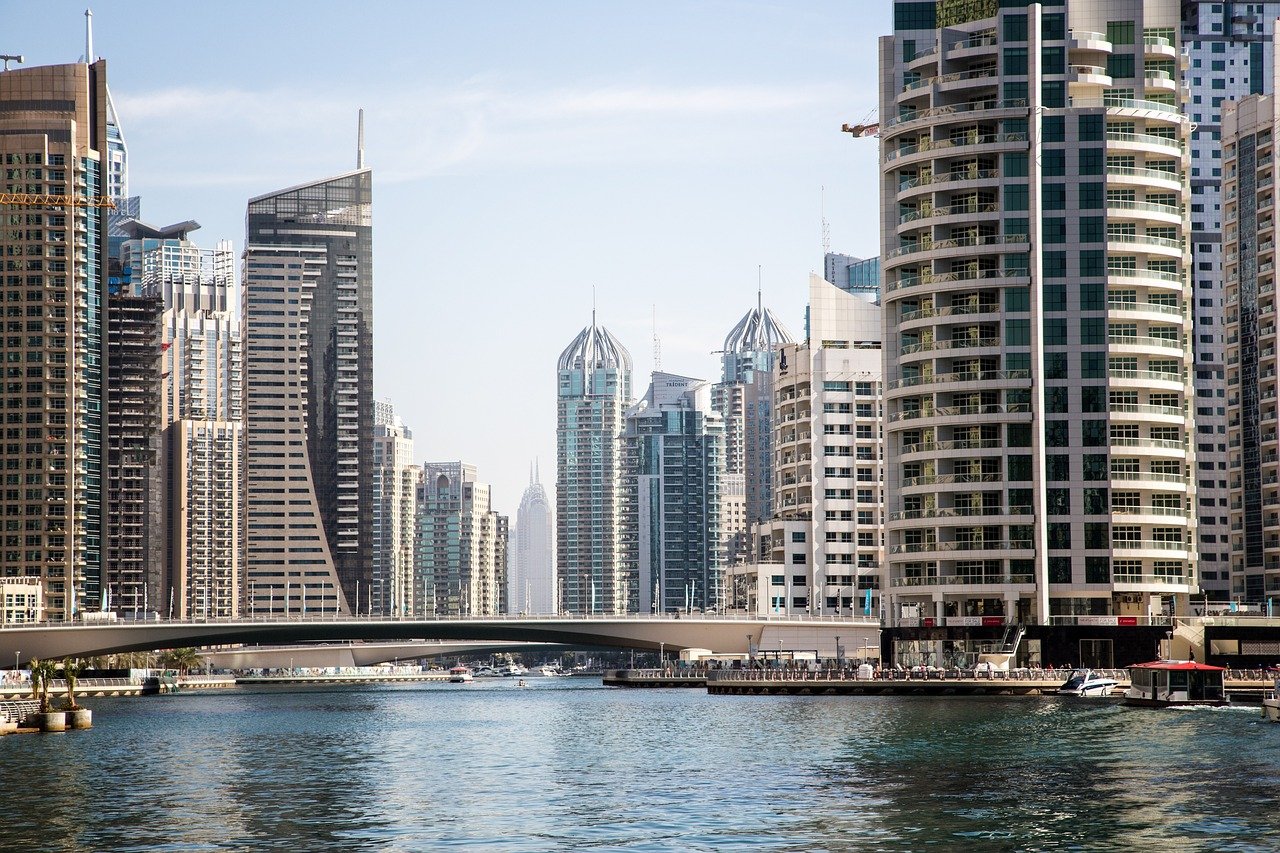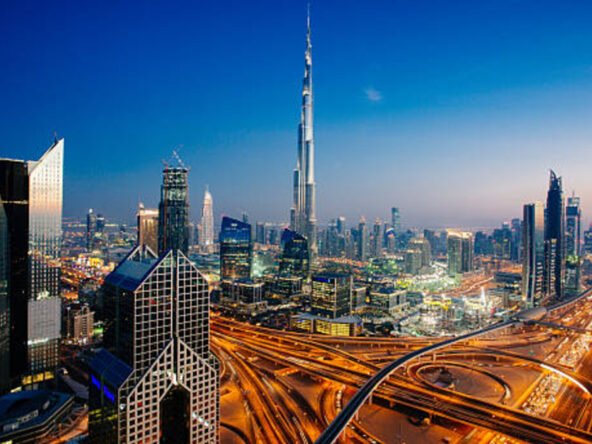In a bid to promote sustainability and reduce high utility service charges in Dubai’s real estate sector, Emrill Energy, a division of the renowned integrated facilities management company Emrill, recently held discussions with senior management from the Real Estate Regulatory Agency (RERA). The meeting focused on RERA’s newly introduced Energy Efficiency Policy and its potential impact on the city’s real estate landscape.
RERA’s Energy Efficiency Policy is a groundbreaking initiative that aims to improve energy efficiency in the built environment by encouraging the adoption of energy-saving practices. By implementing this policy, RERA envisions a greener future for Dubai’s real estate sector, which aligns with the city’s broader sustainability goals.
One of the key outcomes of this collaboration between Emrill and RERA is the development of energy-saving strategies that will benefit both property owners and tenants. These strategies will not only help reduce utility service charges but also contribute to the overall sustainability of the city.
For new investors in Dubai’s real estate market, the Energy Efficiency Policy presents both challenges and opportunities. While some investors may not prioritize energy-saving measures, it is important to recognize the long-term benefits that come with adopting sustainable practices. Here are a few ways in which the Energy Efficiency Policy could affect new investors:
1. Cost Savings: By implementing energy-saving measures, property owners can significantly reduce utility service charges. This translates into cost savings for both property owners and tenants. New investors who embrace energy efficiency will be able to attract tenants who are increasingly conscious of their environmental impact and seek out properties that offer lower utility costs.
2. Enhanced Market Competitiveness: As sustainability becomes a key consideration for tenants and buyers, properties that prioritize energy efficiency are likely to have a competitive edge in the market. New investors who incorporate energy-saving features into their properties will be better positioned to attract a wide range of potential tenants and buyers, ultimately maximizing their return on investment.
3. Compliance with Regulations: RERA’s Energy Efficiency Policy is a mandatory requirement for all real estate developments in Dubai. New investors must ensure that their properties comply with these regulations to avoid penalties and legal complications. By proactively embracing energy-saving practices, investors can demonstrate their commitment to sustainability and align their properties with the city’s vision for a greener future.
4. Future-Proofing Investments: As global awareness of climate change and environmental issues continues to grow, sustainable practices are becoming increasingly important in the real estate sector. By integrating energy-saving features into their properties, new investors can future-proof their investments, ensuring that their properties remain attractive and relevant in the face of evolving market demands.

In conclusion, the collaboration between Emrill and RERA to promote energy efficiency in Dubai’s real estate sector is a significant step towards a more sustainable future. The Energy Efficiency Policy introduced by RERA presents new investors with opportunities to reduce costs, enhance market competitiveness, comply with regulations, and future-proof their investments. By embracing energy-saving strategies, investors can contribute to the overall sustainability of Dubai’s real estate landscape while reaping the long-term benefits of reduced utility service charges and increased market appeal.
As Dubai’s real estate market continues to evolve, it is crucial for investors to recognize the importance of sustainability and adapt their strategies accordingly. Embracing energy efficiency not only aligns with the city’s vision but also positions investors for long-term success in a market that increasingly values sustainability and environmental responsibility.





